Category: politics
公明が連立離脱で野党協議参加へ 高市氏は首相指名に難題、自民「公明とけんかせずに友好関係を」
公明が連立離脱で野党協議参加へ 高市氏は首相指名に難題、自民「公明とけんかせずに友好関係を」
米中の対立再び神経戦に 中国は切り札「レアアース」で揺さぶり、米国は「追加関税100%」
米中の対立再び神経戦に 中国は切り札「レアアース」で揺さぶり、米国は「追加関税100%」
無人機の領空侵入巡り対立先鋭化 ウクライナとハンガリー
無人機の領空侵入巡り対立先鋭化 ウクライナとハンガリー
Afghan minister’s Delhi press meet sparks outrage, ‘bans’ women journalists
A press conference by Afghanistan’s Foreign Minister Amir Khan Muttaqi in New Delhi has sparked controversy for barring women journalists from attending.
トランプ大統領「並外れて健康」 職務遂行に太鼓判、健康診断公表
トランプ大統領「並外れて健康」 職務遂行に太鼓判、健康診断公表

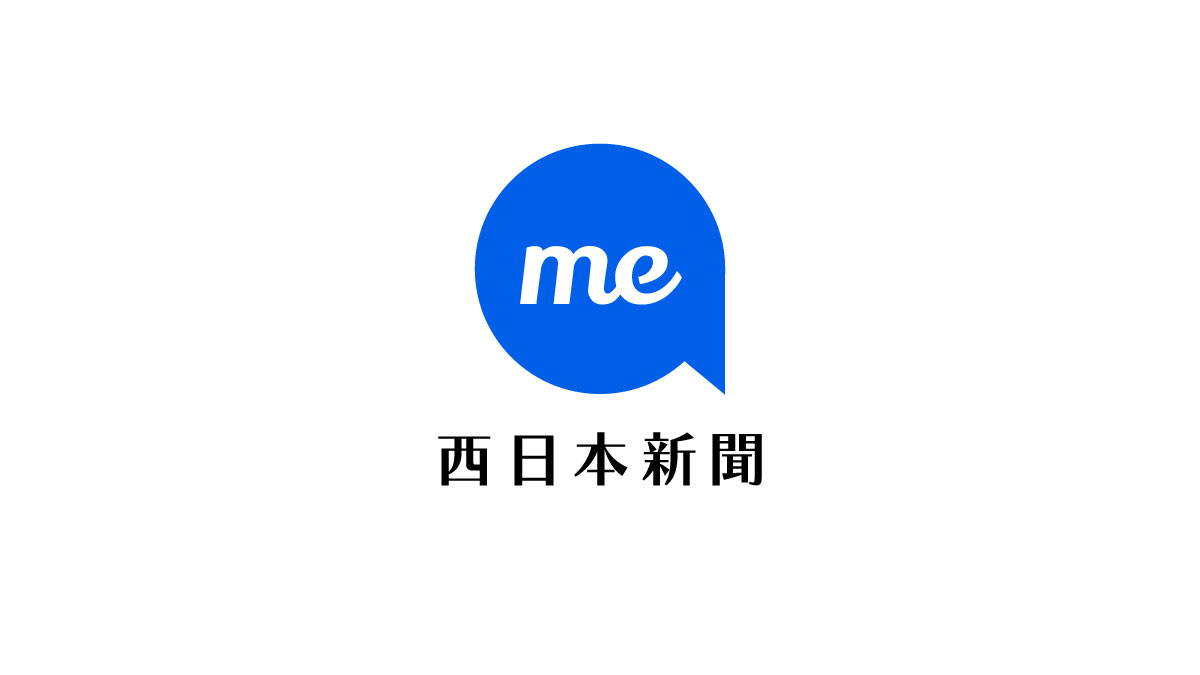
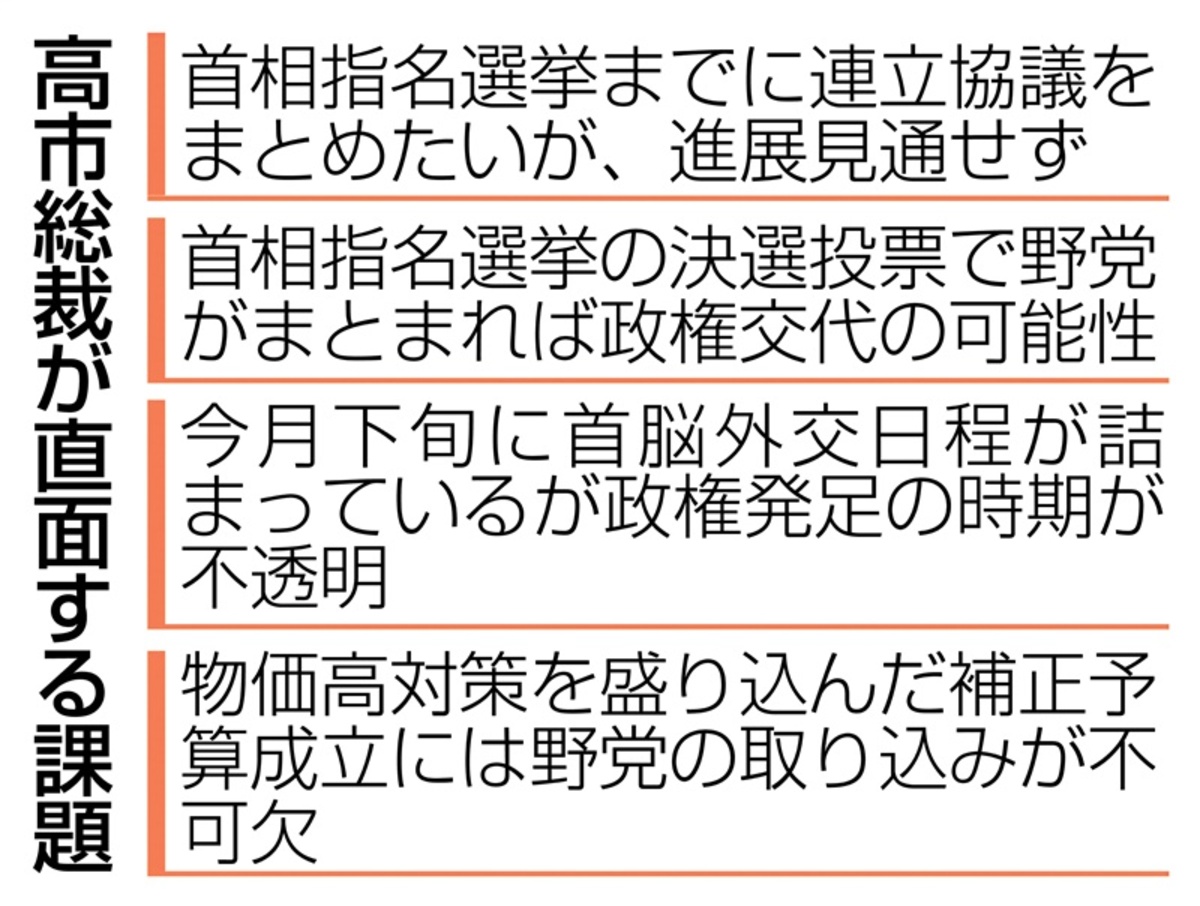
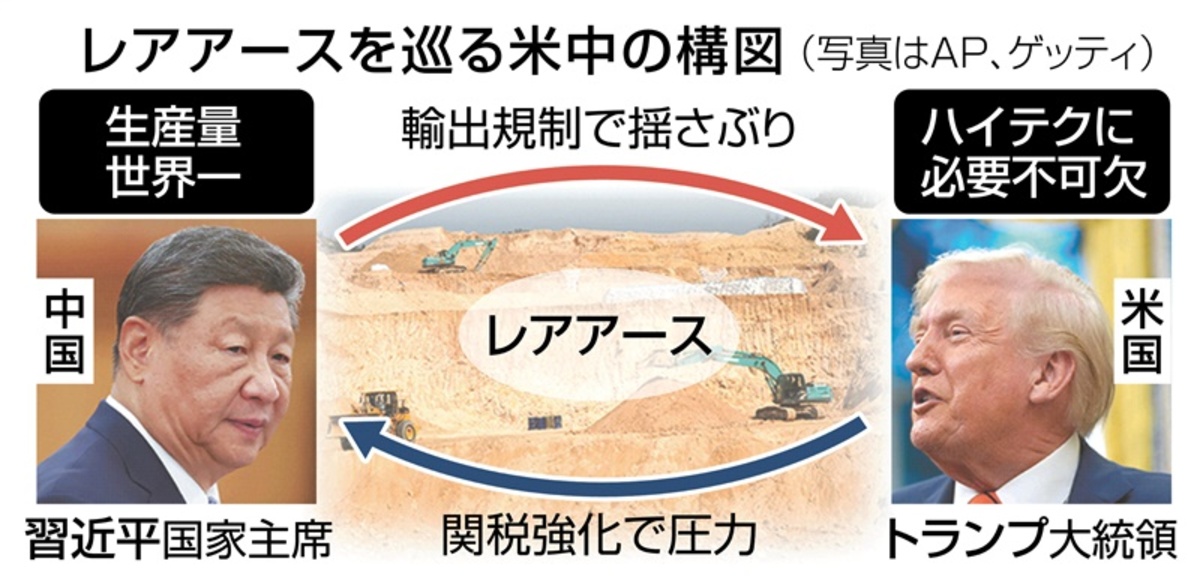

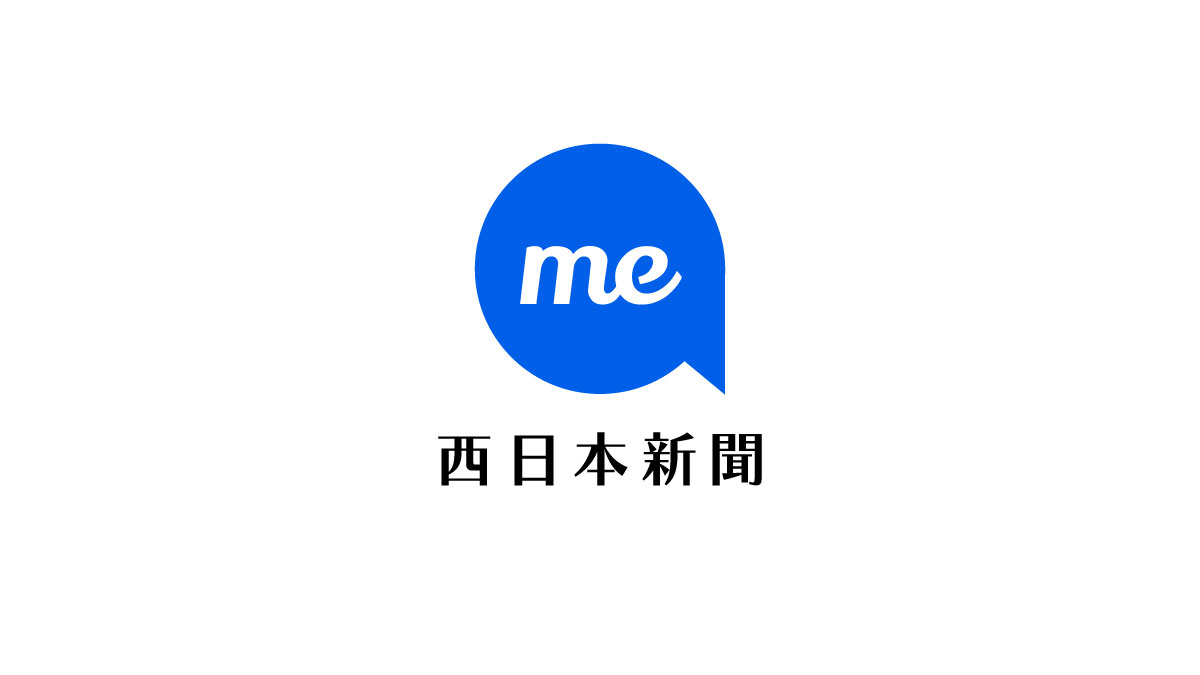
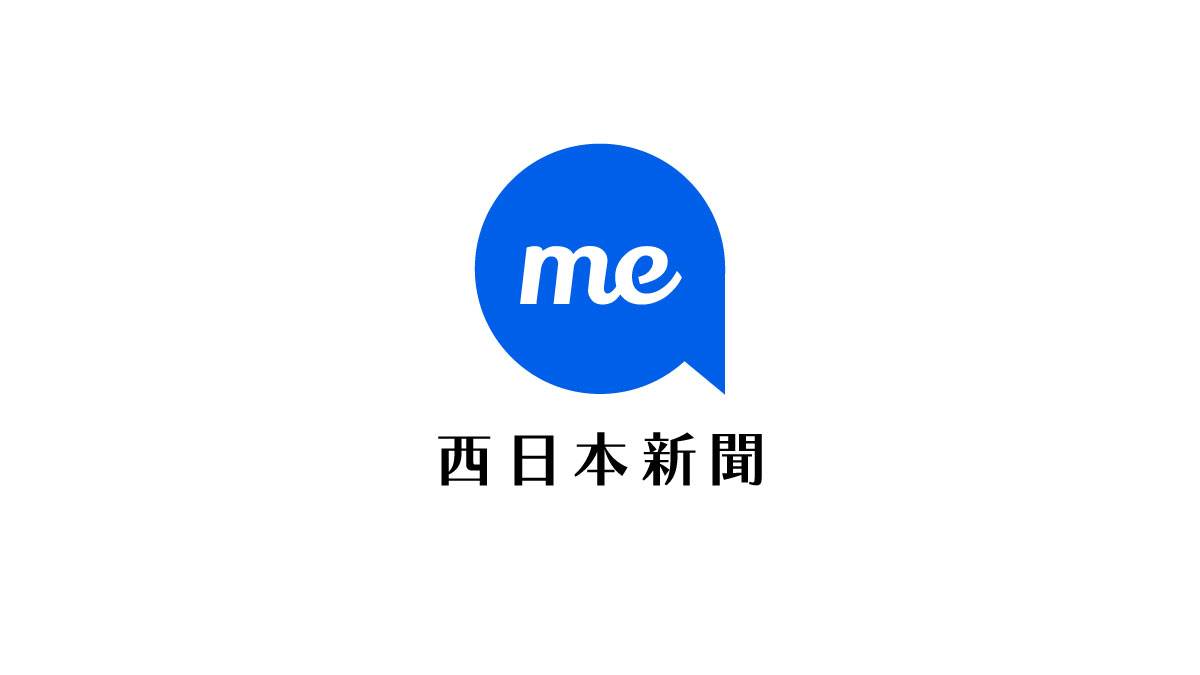

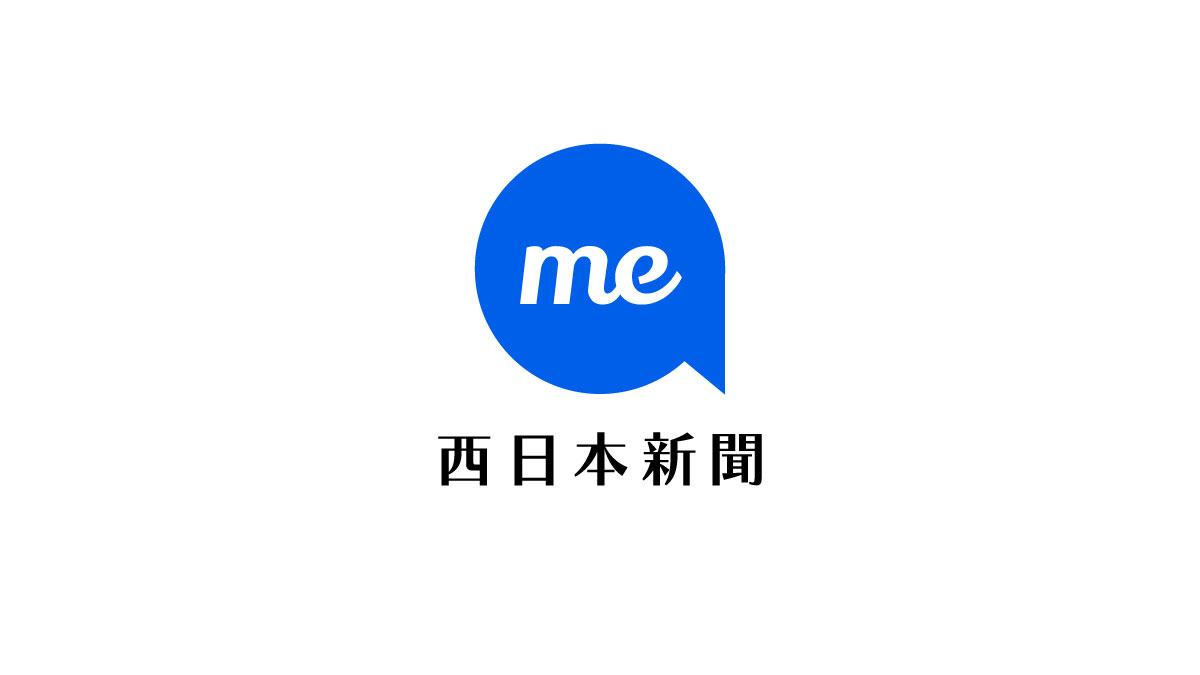
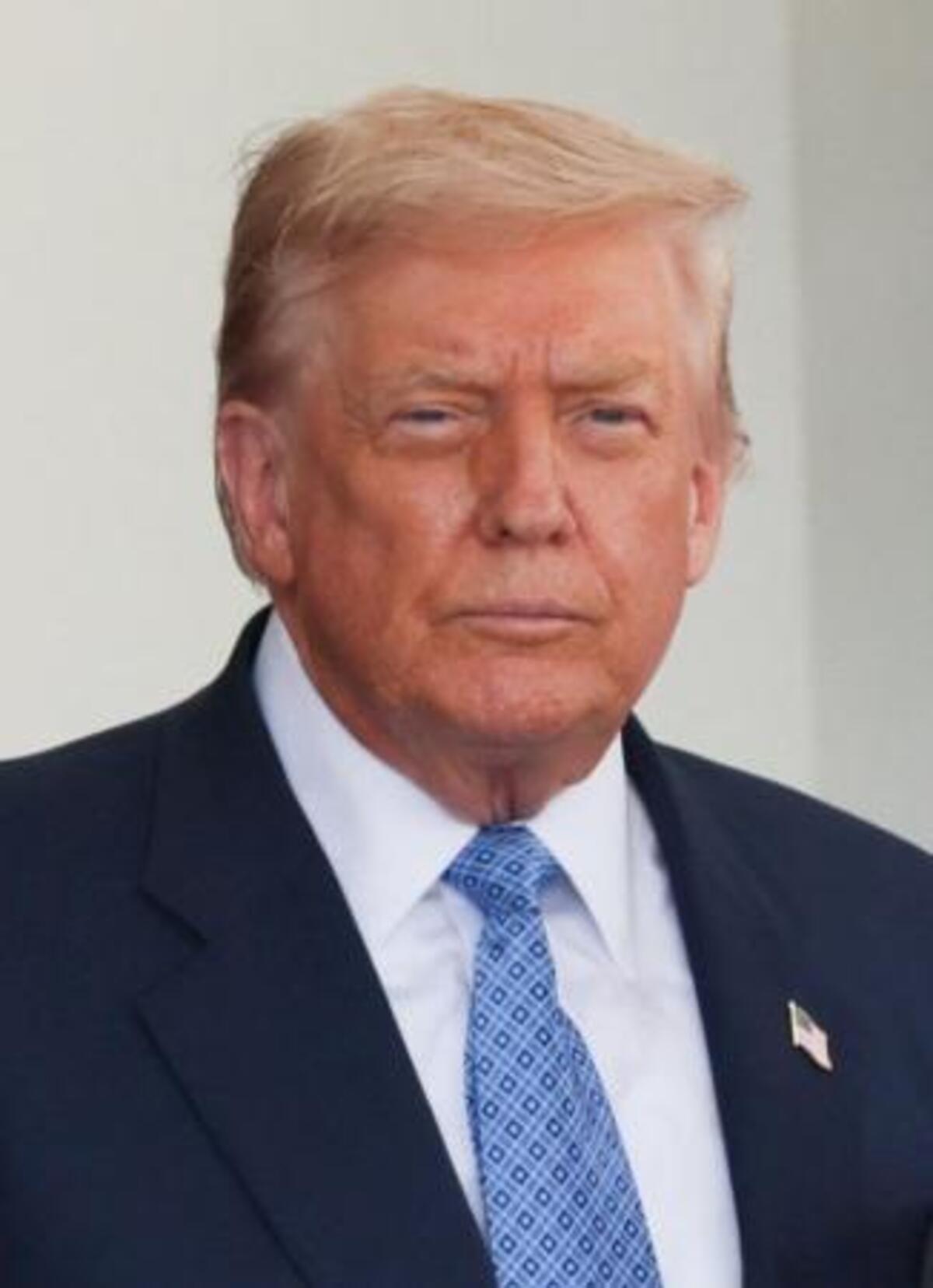
![[佐賀県]28陣営が出席 鳥栖市議選の説明会](https://sucarha.com/wp-content/uploads/2025/10/sns_IP231122JAA000451000_0000_CDSP.jpg)